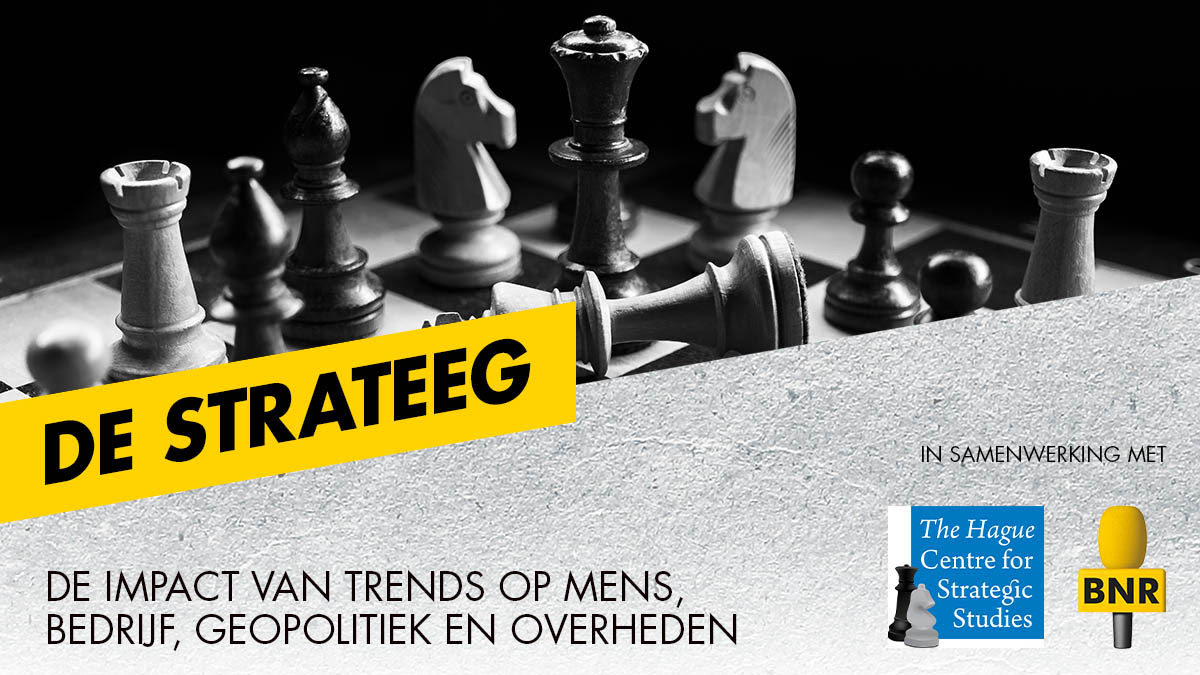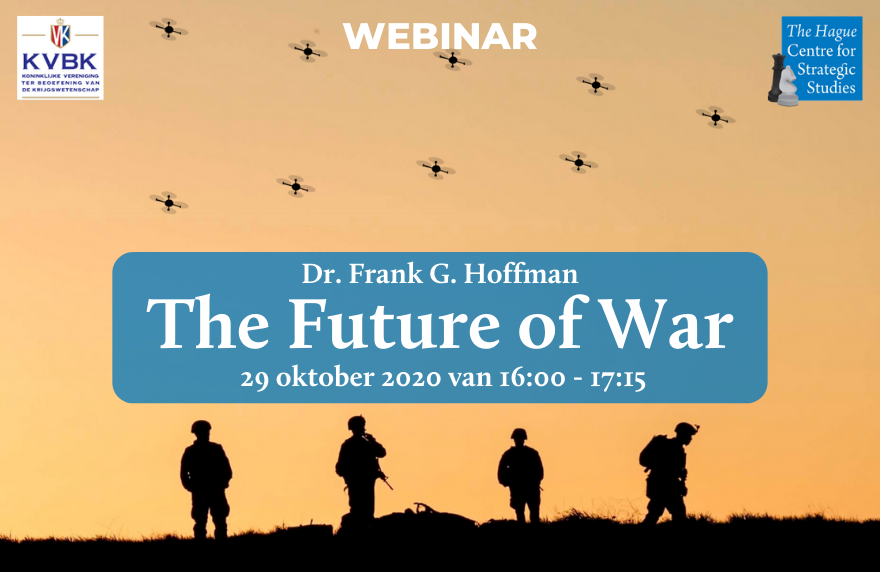Extremist Offender Management in Belgium By Thomas Renard (27 July 2020) In Other publications EU strategy and foreign policy, Middle-East / North Africa, Terrorism The presence of terrorist convicts in prison is not a new phenomenon in Belgium. However, radicalisation or recruitment was less visible, or at least less observed until it became a policy priority to monitor violent extremists in prison in 2015. This chapter, which is part of a broader report, analyses the specific policies and tools that have been developed in Belgium to address the challenge of radicalisation in prison, and the rehabilitation of terrorist offenders after their release. This chapter (view the PDF below) was published as part of the report “Extremist Offender Management in Europe: Country Reports” published by ICSR, and available here . (Photo credit: pxhere.com public domain)






This comment has been removed by the author.
ReplyDeletePermanent positive relationships between a cohesive E.U. and the U.S.A. are "sine qua non" for their enjoyable future and for the peace (power balance) in the world.
ReplyDelete